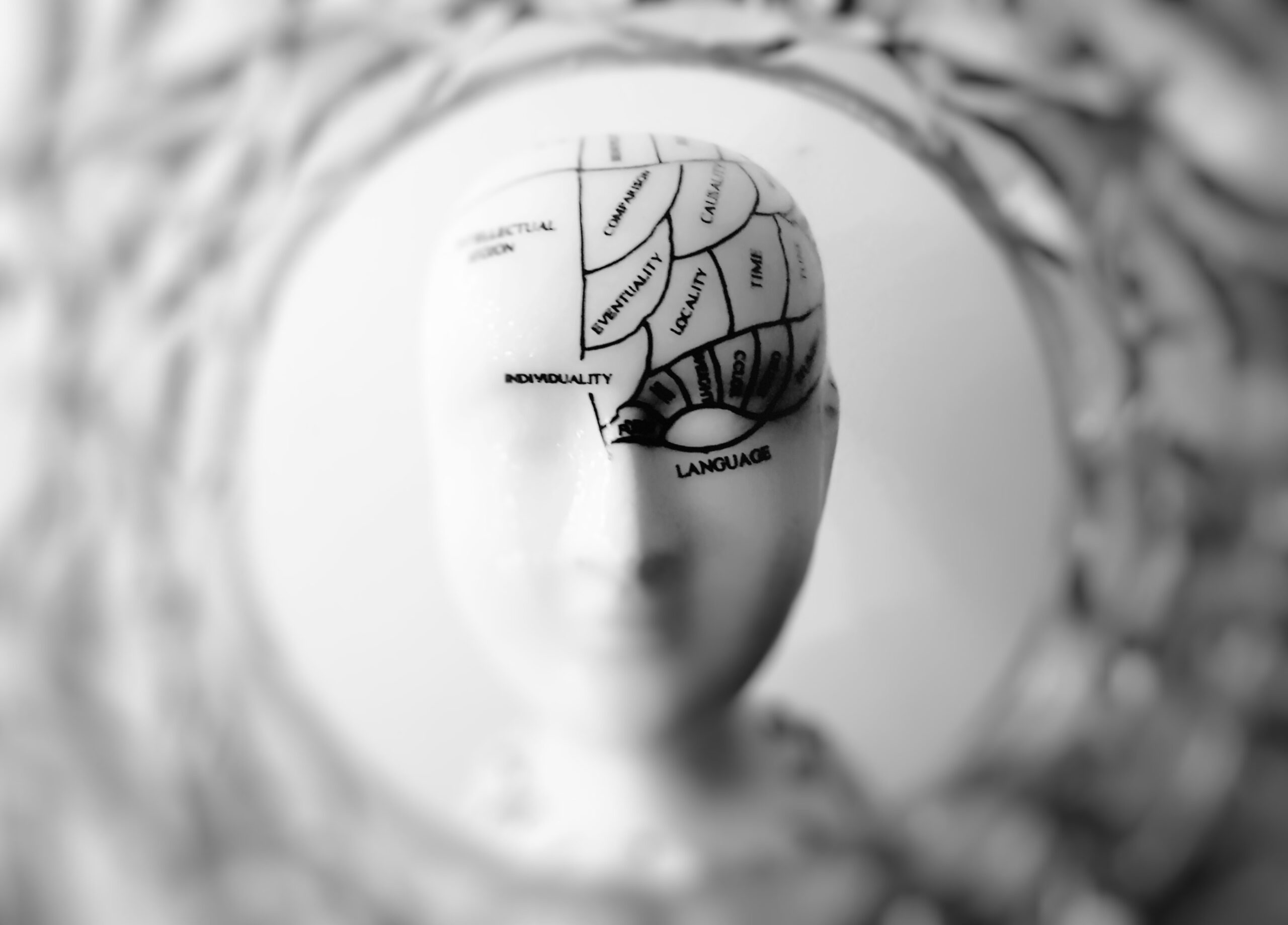 Intricate connections exist between language and mind/body. Research has demonstrated that an individual’s thoughts manifest themselves on a person’s physiology. Dr. Paul Vishton stated in a lecture in Great Courses: “Language is a central feature of how our brain makes sense of the world around us . . . so the language we use can greatly affect our thinking.” He cites a research study that indicated that the language centers of the brain influence even calorie expenditure. He cites the work of Dr. Crum of Stanford and Dr. Langer of Harvard, who enlisted hotel housekeepers to test their hypothesis about changing their mindsets regarding how they viewed their work. The group that was told that their daily work activity was exercise experienced significant weight and blood pressure changes, even though they did not change anything but the words they used to describe their activity.
Intricate connections exist between language and mind/body. Research has demonstrated that an individual’s thoughts manifest themselves on a person’s physiology. Dr. Paul Vishton stated in a lecture in Great Courses: “Language is a central feature of how our brain makes sense of the world around us . . . so the language we use can greatly affect our thinking.” He cites a research study that indicated that the language centers of the brain influence even calorie expenditure. He cites the work of Dr. Crum of Stanford and Dr. Langer of Harvard, who enlisted hotel housekeepers to test their hypothesis about changing their mindsets regarding how they viewed their work. The group that was told that their daily work activity was exercise experienced significant weight and blood pressure changes, even though they did not change anything but the words they used to describe their activity.
Dr. Vanessa Patrick’s, research investigated the influence of a linguistic element of self-talk, in which a refusal may be framed as “I don’t” (vs. “I can’t”), on resisting temptation and motivating goal-directed behavior. “I Don’t versus I Can’t” focused on the effects of self-talk and motivation. She demonstrated that when a group of dieters were offered a piece of chocolate cake, those who replied, “I don’t eat chocolate cake,” were much more successful at resisting temptation than those who responded, “I can’t eat chocolate cake.” She maintains that the word “don’t” indicates intrinsic motivation, so dieters who had that self-talk were making a choice and, thus, felt empowered. Yet “can’t” indicates asking permission, which is related to extrinsic motivation.
The power of self talk also relates to students. A review of research on children’s self talk (inner speech) explained that it is an “adaptive tool for regulating learning and managing the social demands of classrooms. . . .Generally, studies found that self-talk functioned to help children to regulate task engagement and cope with social challenge.” Words are crucial, so be careful of the inner monologue.

